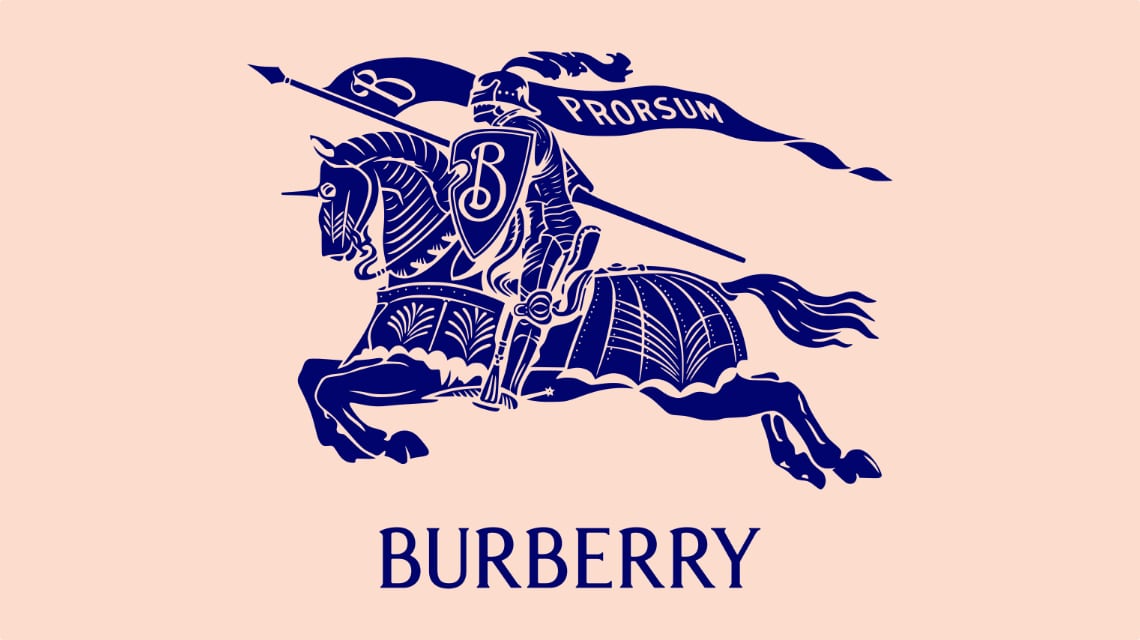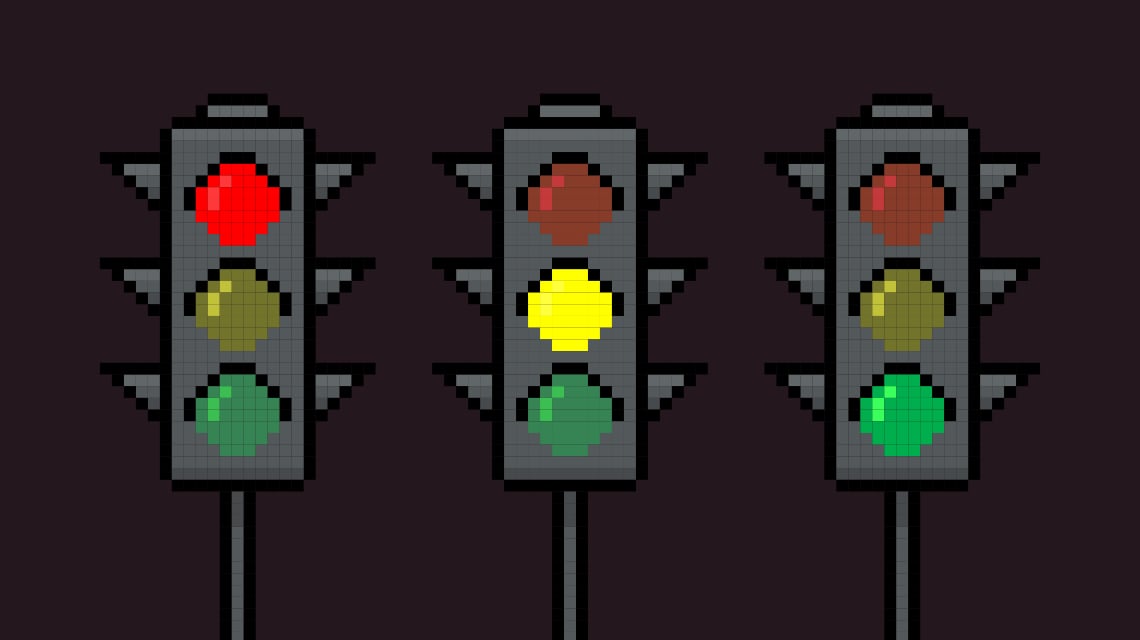Meta-fallacies.
Will real-world problems translate to the unreal-world?
Look in the rearview mirror and you will see peak Facebook receding into the past. Mr Z, the leader of Meta, has seen the future and Facebook isn’t it; which helps explain why he’s gone all-in on the metaverse. Let’s leave to one side the unanswered question of whether people will ever want to spend time in the metaverse and if they do whether it will have durable appeal or just briefly define an era before imploding. For a moment, indulge me, accept the hype and imagine a world where 80% of the population uses VR an average of more than 3 hours a day.
According to a great many pundits (on the day I'm writing this the following phrase produces 27.000 results in a Google search), “the metaverse is fashion's next goldmine”.
Will people really want to buy fashion in the metaverse, for the metaverse?
A lot of apparently smart people are drooling over “the metaverse and its supporting tokenomics” but who has the energy, the vanity and the money to buy virtual clothes for an avatar and choose an outfit every day or - as some visionaries would like - even multiple times a day? Celebrities, influencers and virtual fashionistas might but they are a tiny minority. I just can’t imagine the average person will have the necessary emotional energy, time and money to invest. The most common modern lament is lack of time. Unless we live entirely in the metaverse and neglect to groom our real bodies, grooming our avatars will duplicate the effort of ‘looking good’.
Computing took off with the masses when skeuomorphic interfaces offered a more user-friendly option than lines of code. If you examine the evolution of the user interface of a digital device you’ll see that over time the design elements that mimicked the real world have been replaced by new design conventions that are part of a new visual language we are now all familiar with. Consequently, early iterations of the metaverse will likely mimic the real world but over time the metaverse could well develop its own aesthetic and conventions, abandoning things like clothing.
In the real world we wear clothes to protect our bodies, we choose specific clothes to adapt to an environment and as a visual statement of the personality, we wish to project. In the metaverse we don’t have an actual body to protect, how we adapt to a virtual environment and how we choose to manifest visually in that space is potentially limitless. Provided the platform I am on allows it, I could appear as a floating blue cloud with facial features floating, like the smile of the Cheshire Cat, within it. If I do become a happy little cloud in the metaverse, I will not be buying virtual apparel.





